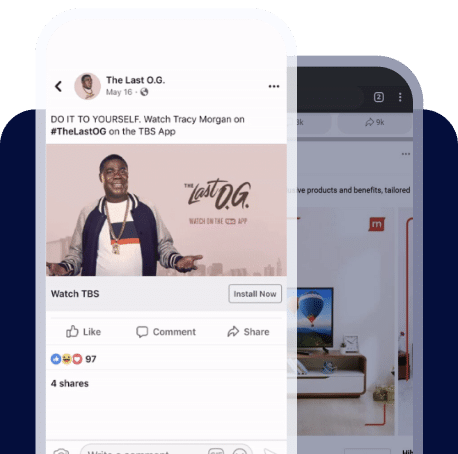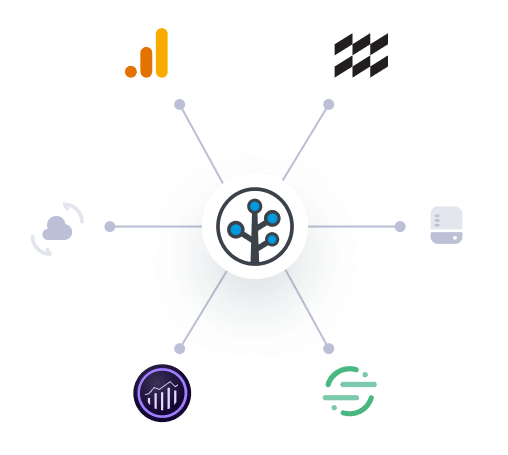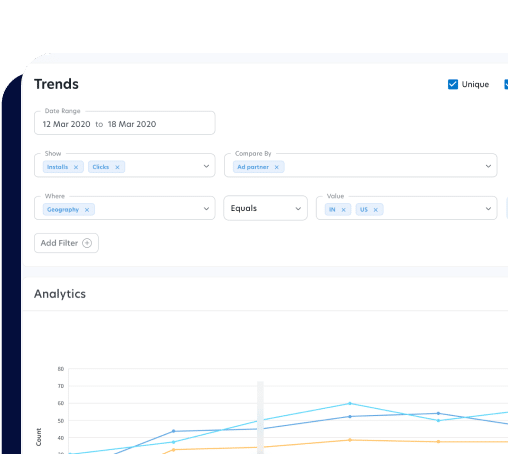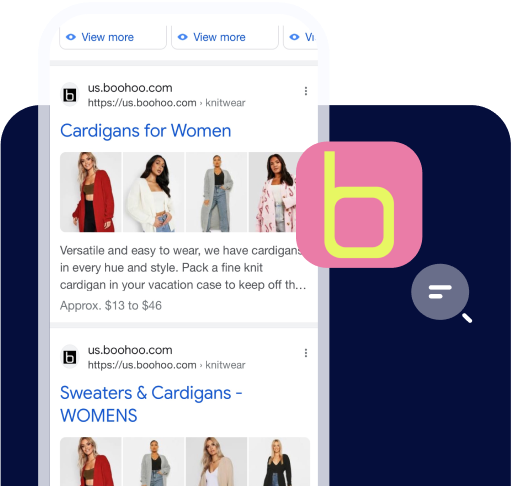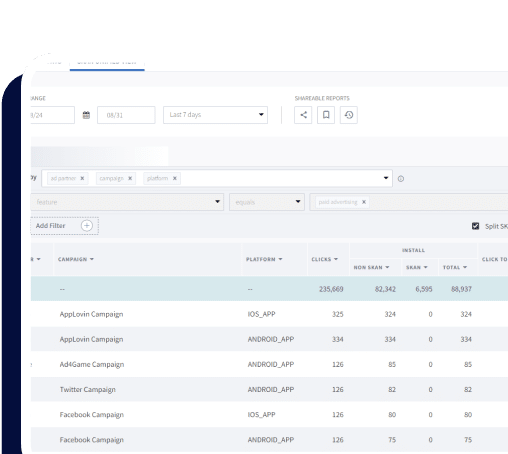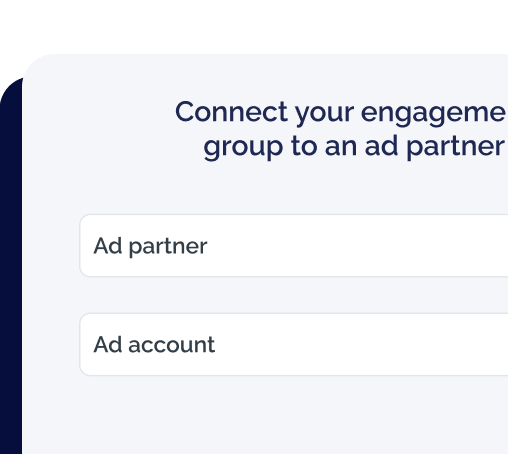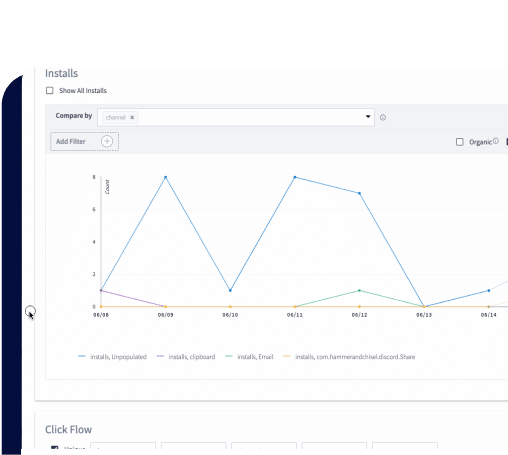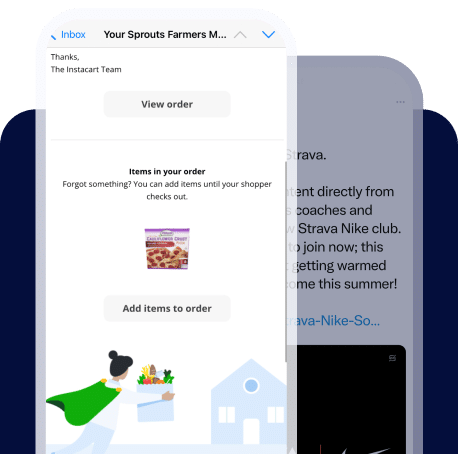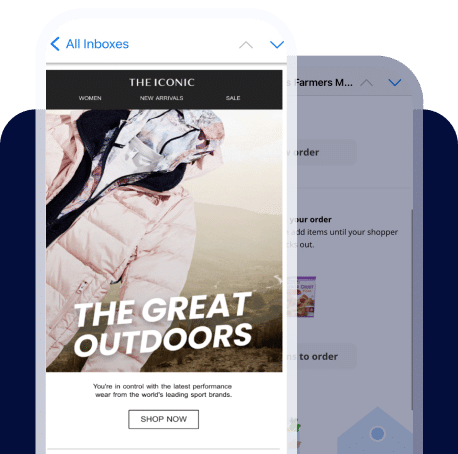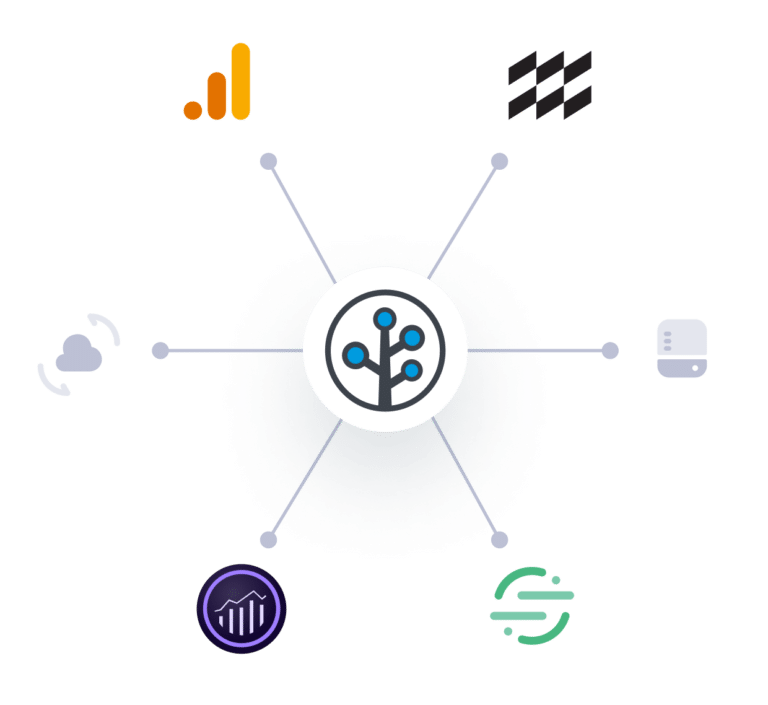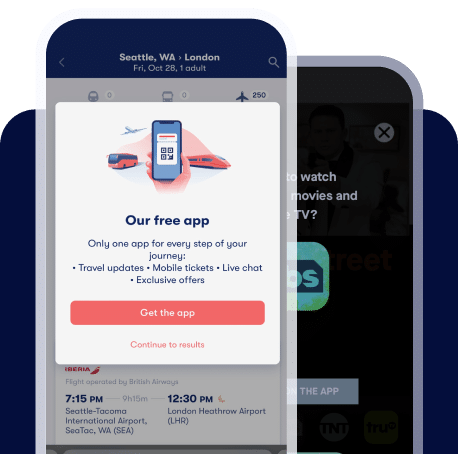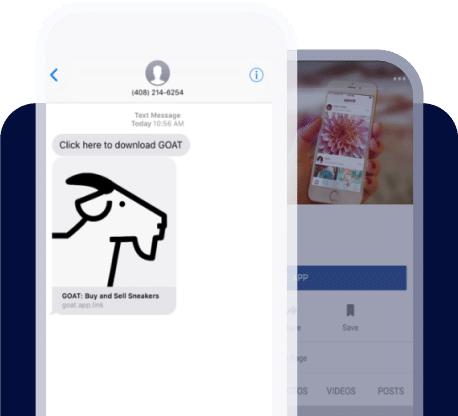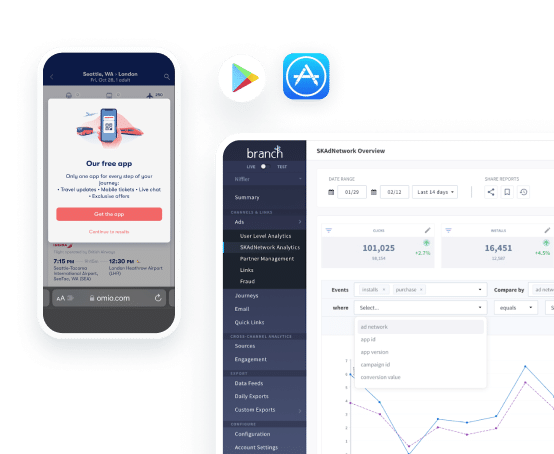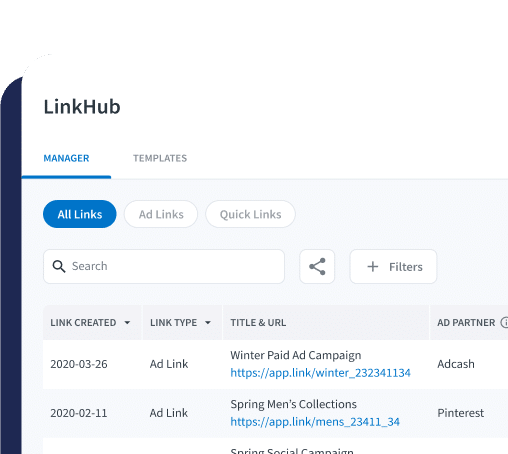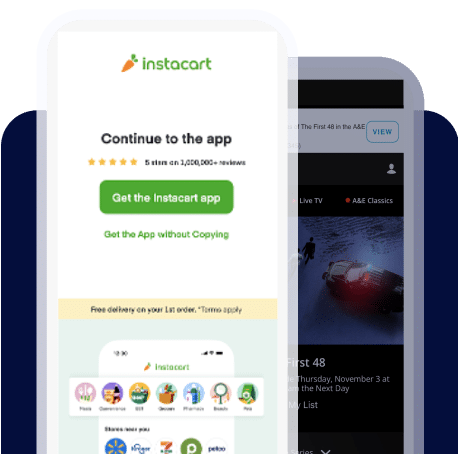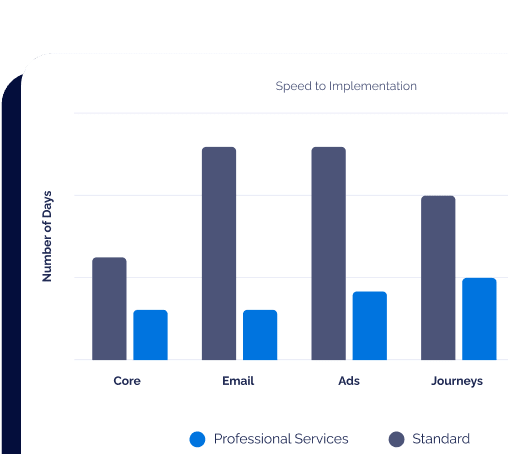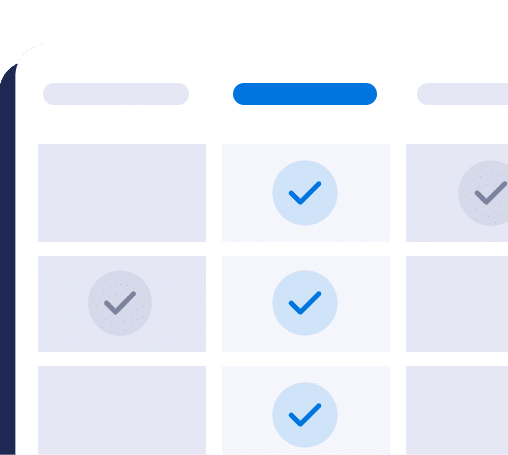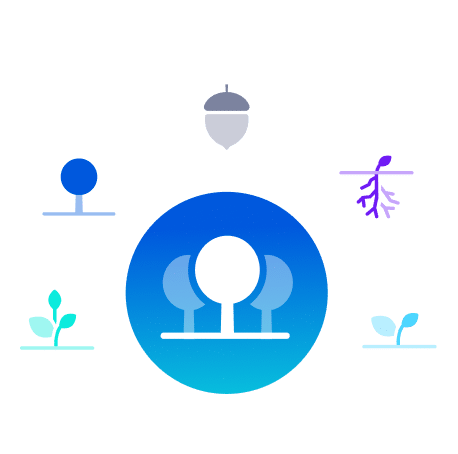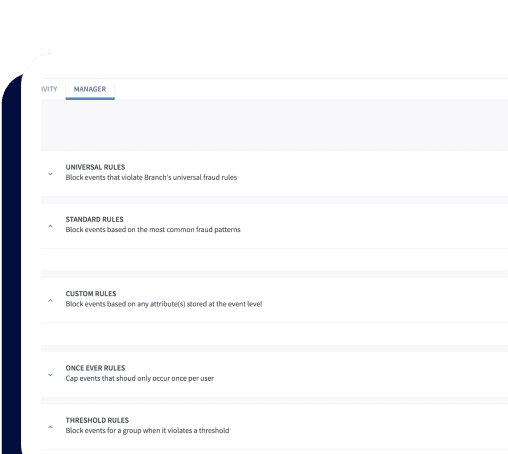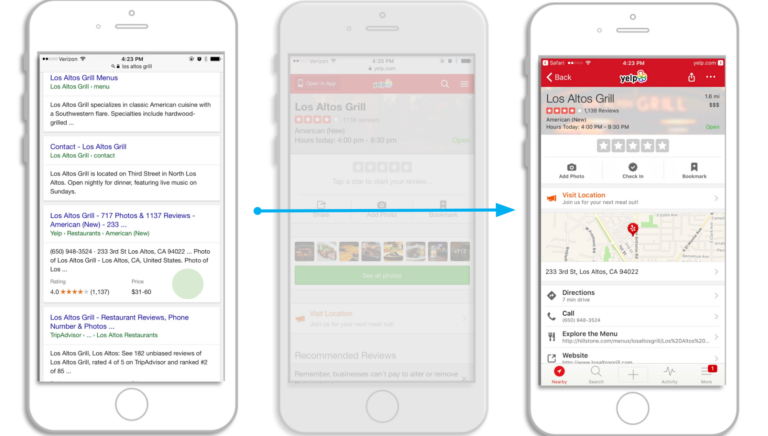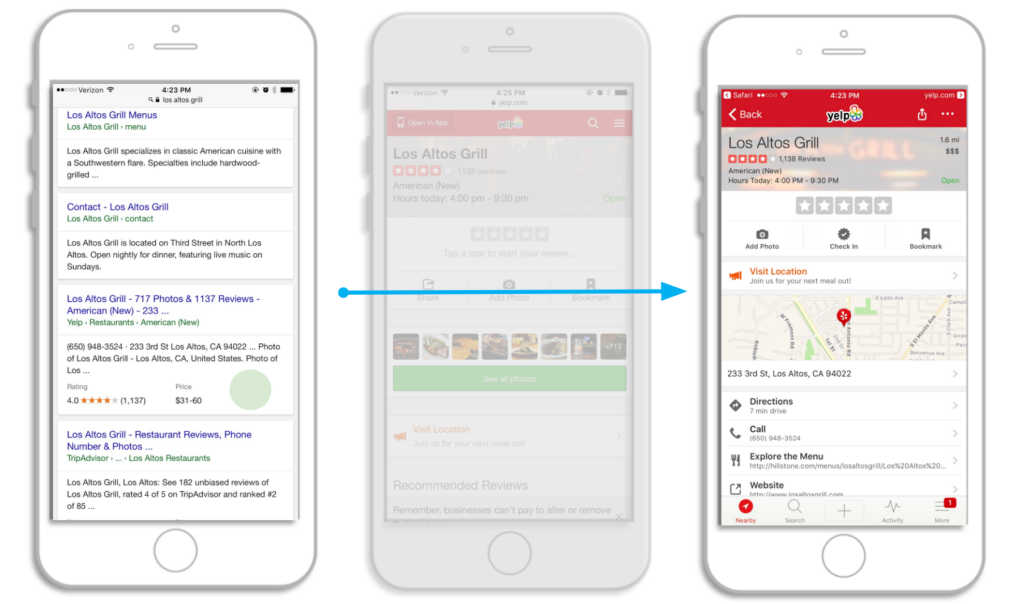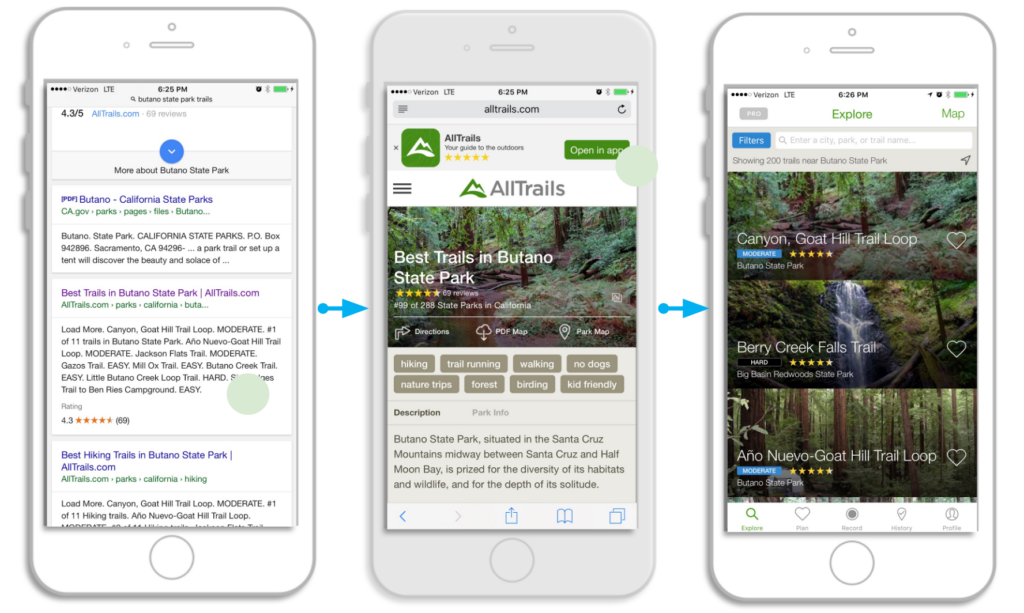SEO teams can now drive a better user experience and attribute SEO efforts on mobile with our out-of-the box SEO App Attribution solution. Customers can turn on Universal Links/App Links for their main search domain while Branch works in the background to attribute down-funnel app events back to the search engine and URL that sourced the app session. Learn more.
According to a report from Google last August, more than 60% of searches now occur on a mobile device, bringing the estimated volume of monthly mobile searches to 50 billion. That’s an incredible amount of people looking for very specific answers to their questions while on the go—and, therefore, an incredible opportunity to acquire and re-engage with users with strong intent. If you’ve been investing in search for a while, this is likely no surprise.
If you’ve been investing in mobile for a while and care about search traffic, you might be aware of a recent existential crisis affecting every company today. If you’re not aware of the issue, then I recommend looking into it, as you’re likely affected by it. With the onset of Apple’s Universal Links and Android App Links, you are now forced to prioritize whether you care about a high quality user experience or care about organic search attribution.
Why? Essentially, if you turn on Apple’s Universal Links for deep linking on your main domain (say “pinterest.com”), you lose organic search attribution when the user is deep linked into the app. Since Google can’t modify the URL that appears in search, the URL that opens up the app will not have any tracking parameters. That user will appear to have entered the app the same as if they clicked on the link via a shared URL in a text message.
Let’s look at an example of a company that has prioritized the user experience and forgone attribution: Yelp. See below:
If you search in Safari for a particular restaurant that you like, a Yelp result like the above “Los Altos Grill” example may appear. When you click that link, you are immediately deep linked into the Yelp app, and you bypass the web entirely. As you can see, this is a great user experience—the user is sent into the app rather than mobile web. The problem is that there is no way for Yelp to know that this user came from search. Yelp is effectively operating in the dark.
If you prioritize analytics, one option is to completely disable Apple’s Universal Links or Android App Links on your core domain (eg. yelp.com). At least with this, your website tracking would pick up all Google referral traffic and correctly report on organic search. The unfortunate consequence of this, however, is that users with your app installed would be sent to mobile web, a frustrating experience to say the least.
Fortunately, there’s another option with Branch—an option that will let you have your cake and eat it, too. You would first disable Universal Links and App Links on your core domain. Then, leverage Branch’s Journeys app banners platform to display a customized banner or interstitial that appears when a user comes from Google search with a clear call to action to open the app. You can see an example below from AllTrails:
The user taps on the result for Butano State Park trails and is sent to mobile web. This means that basic search attribution will correctly work via existing tools. Then, Journeys detects that the user has the app and presents a custom banner at the top with a call to action to “Open in app”. The user can tap this button and the app will open, deep linking straight to the correct page. In fact, Branch is even able to track that the app user was referred from Google, carrying the attribution through to the app.
If the browser supports automatic deep linking, such as Chrome on iOS or most Android browsers, Branch’s Journeys platform will automatically open up the native app after the user visits the page. This means that the user doesn’t even need to tap the banner. They get deep linked automatically, and search attribution works just fine.
If you’re worried about the fact that you’ve disabled Universal Links on your main domain, don’t sweat it. Branch’s links are Universal Links, which means you can deploy them to your marketing and product channels to improve the user experience. Additionally, with Branch’s best-in-class attribution system, you’ll get full visibility to the traffic flows across all these touch points.
What should you do? We recommend you bring this up as a discussion point among the relevant stakeholders. If search attribution is important for your business, Branch offers an easy way to reclaim this data without much loss to the user experience. This means you’ll get the high conversion rates from native apps without sacrificing your attribution.

